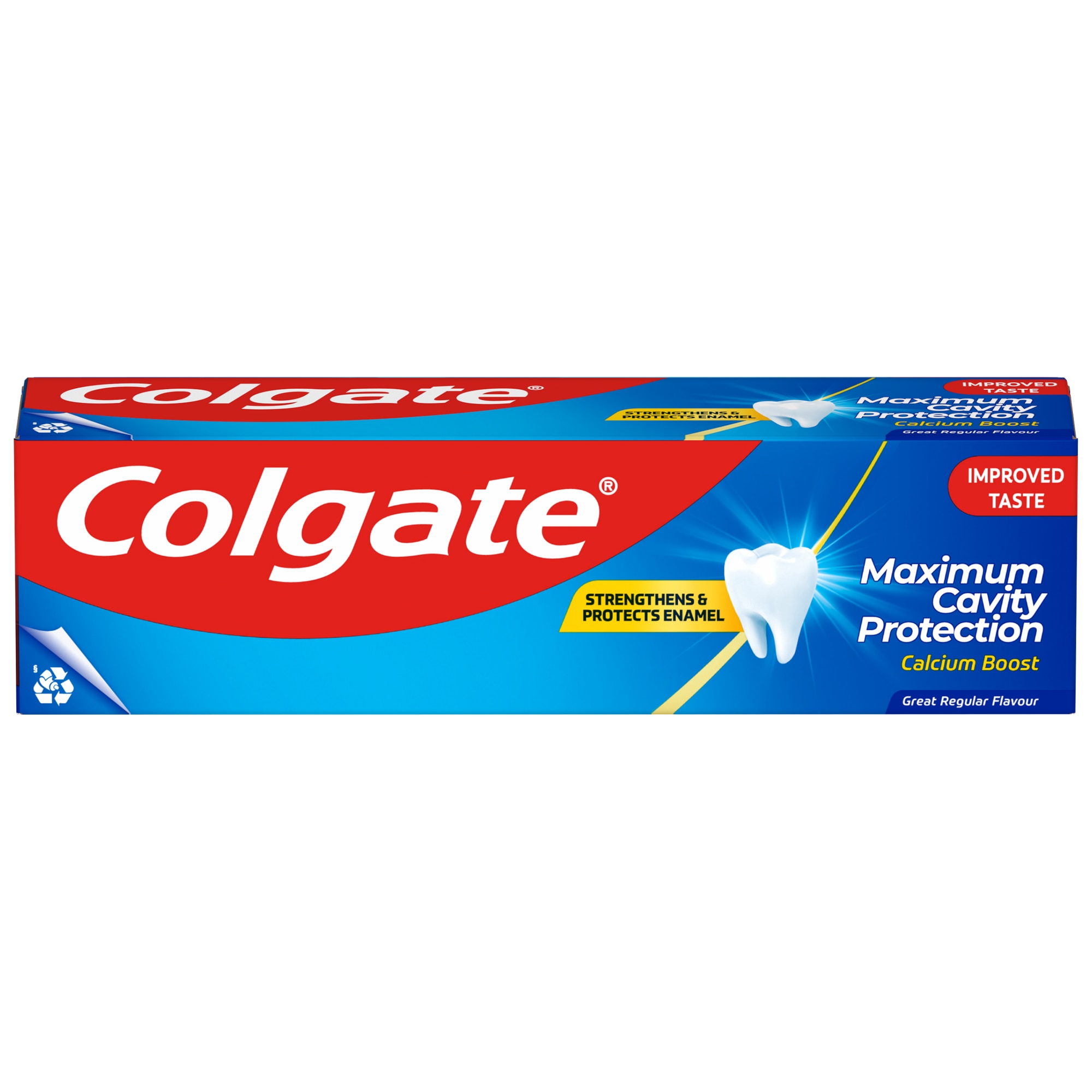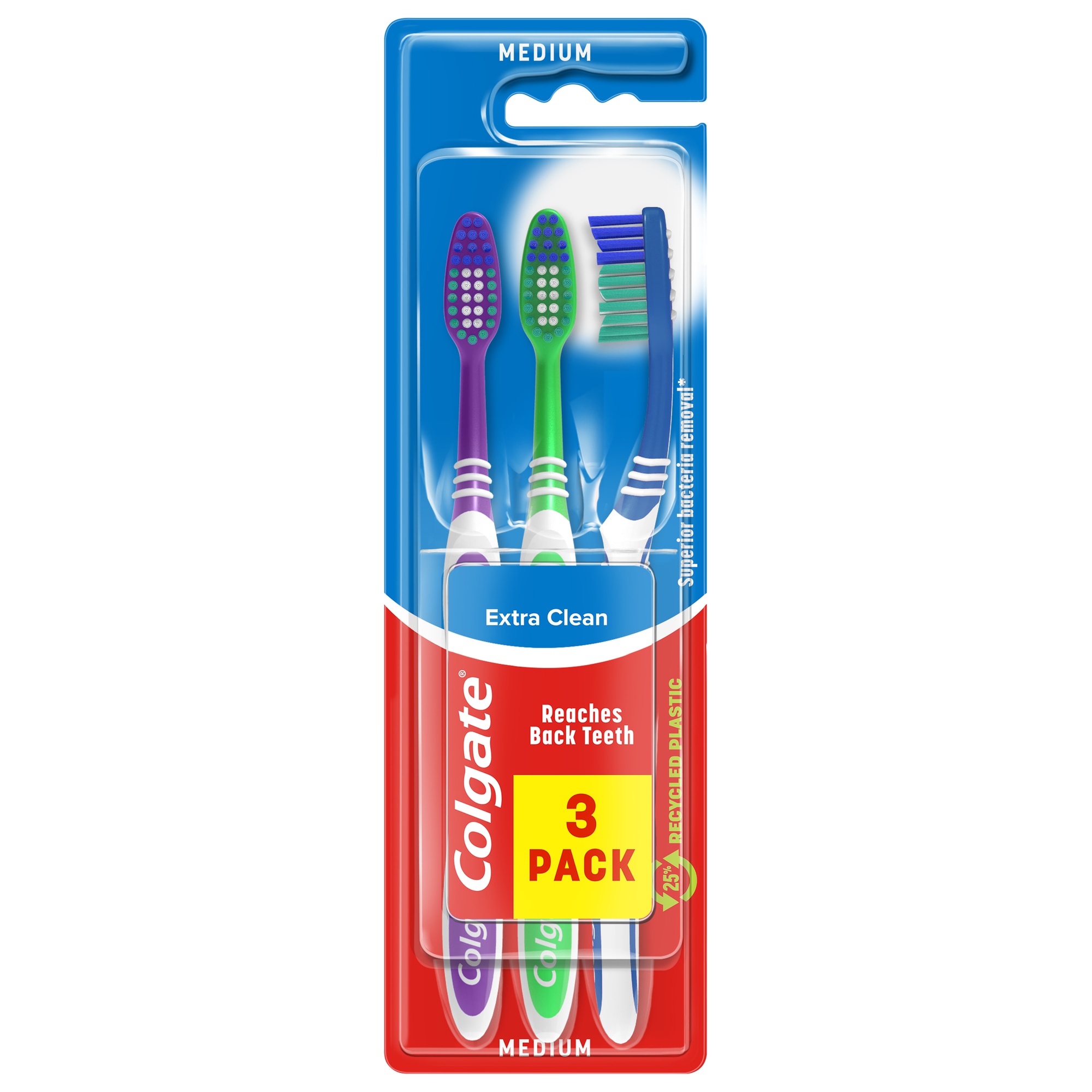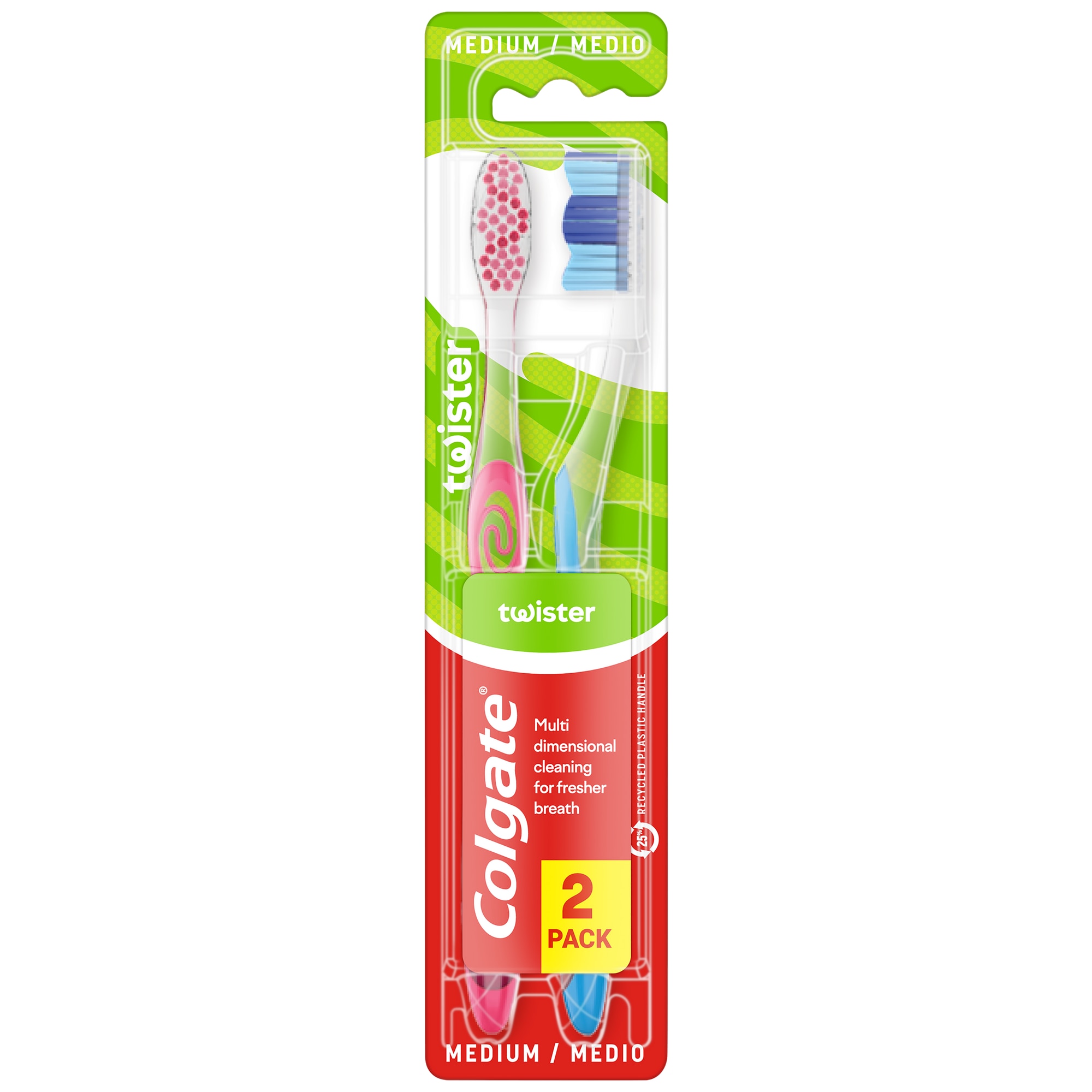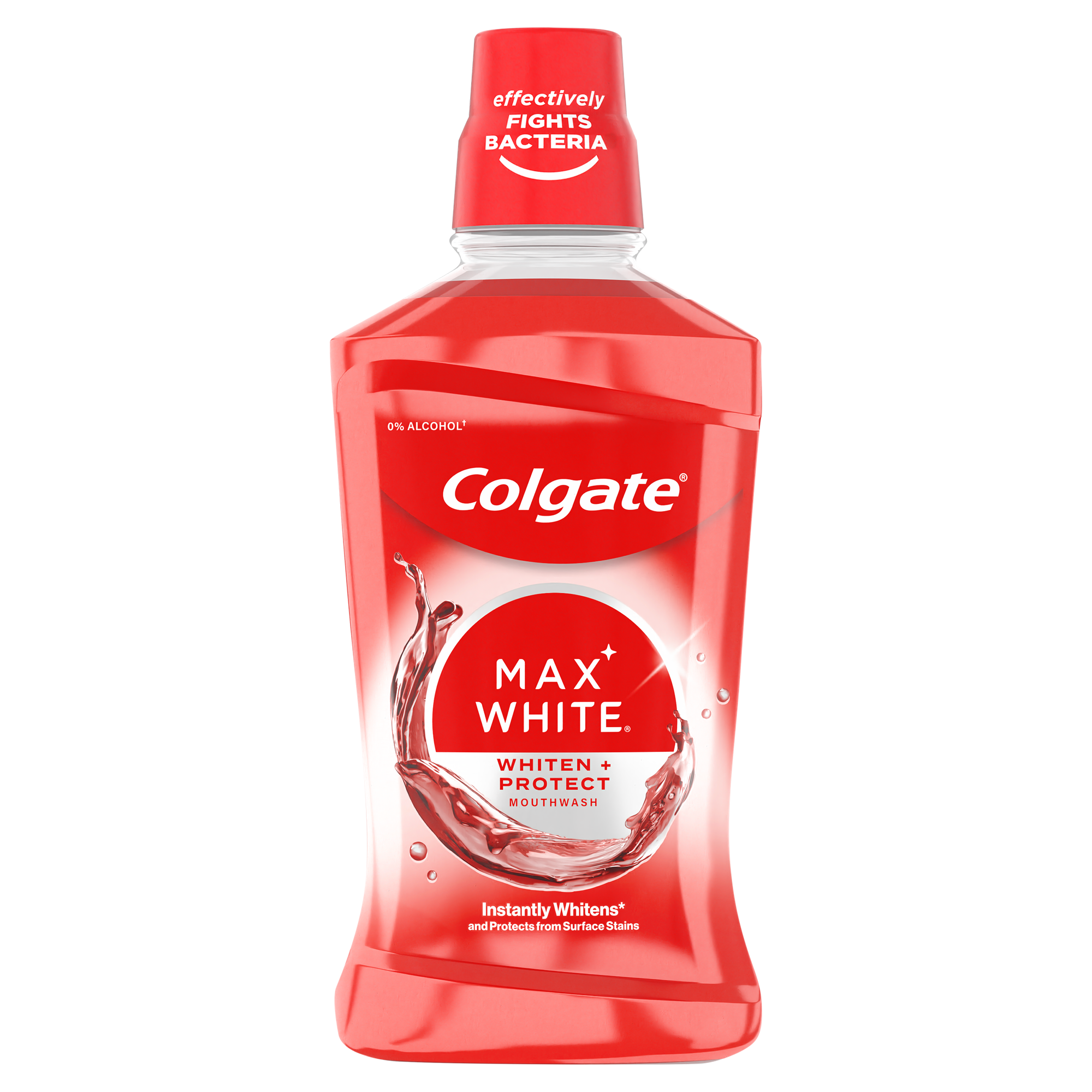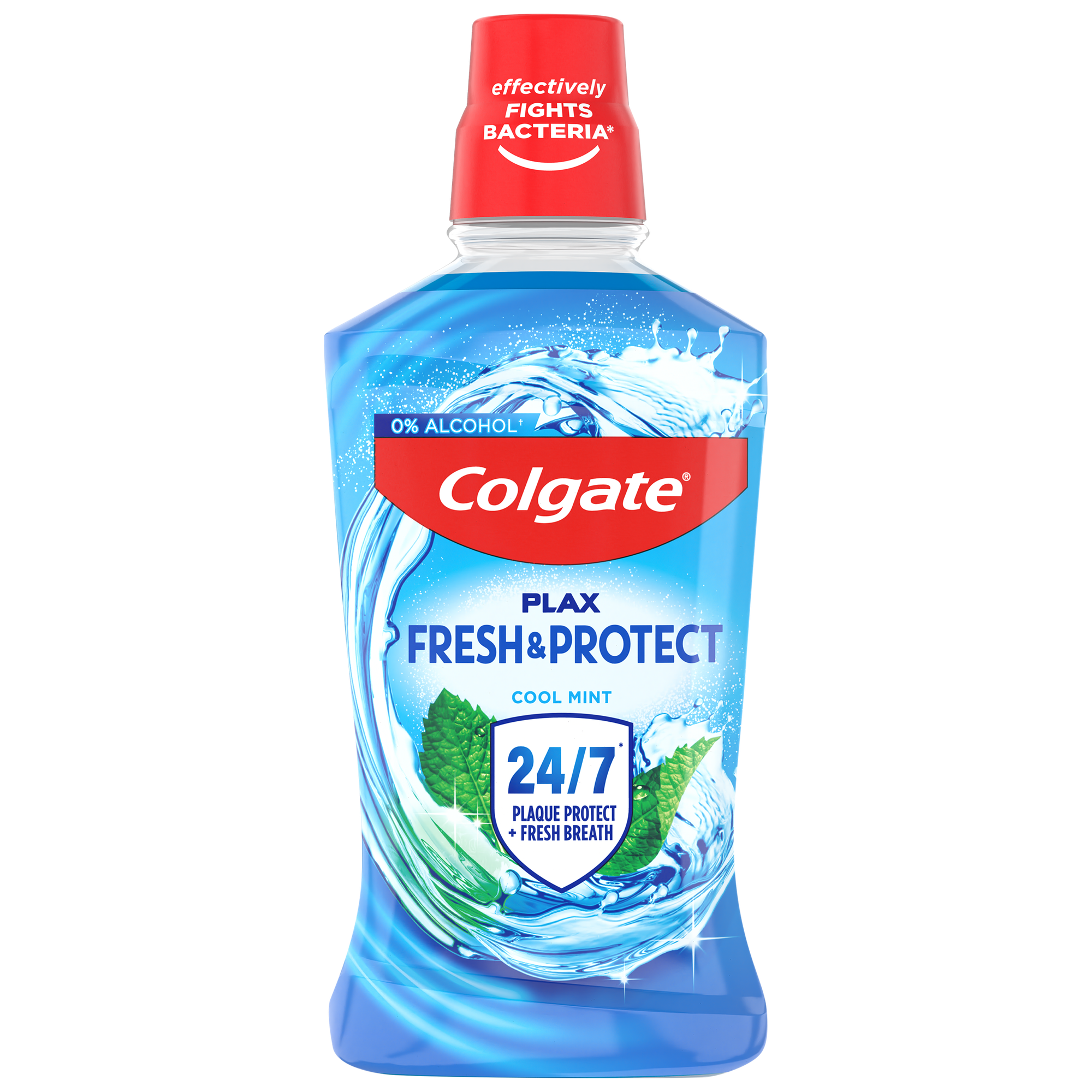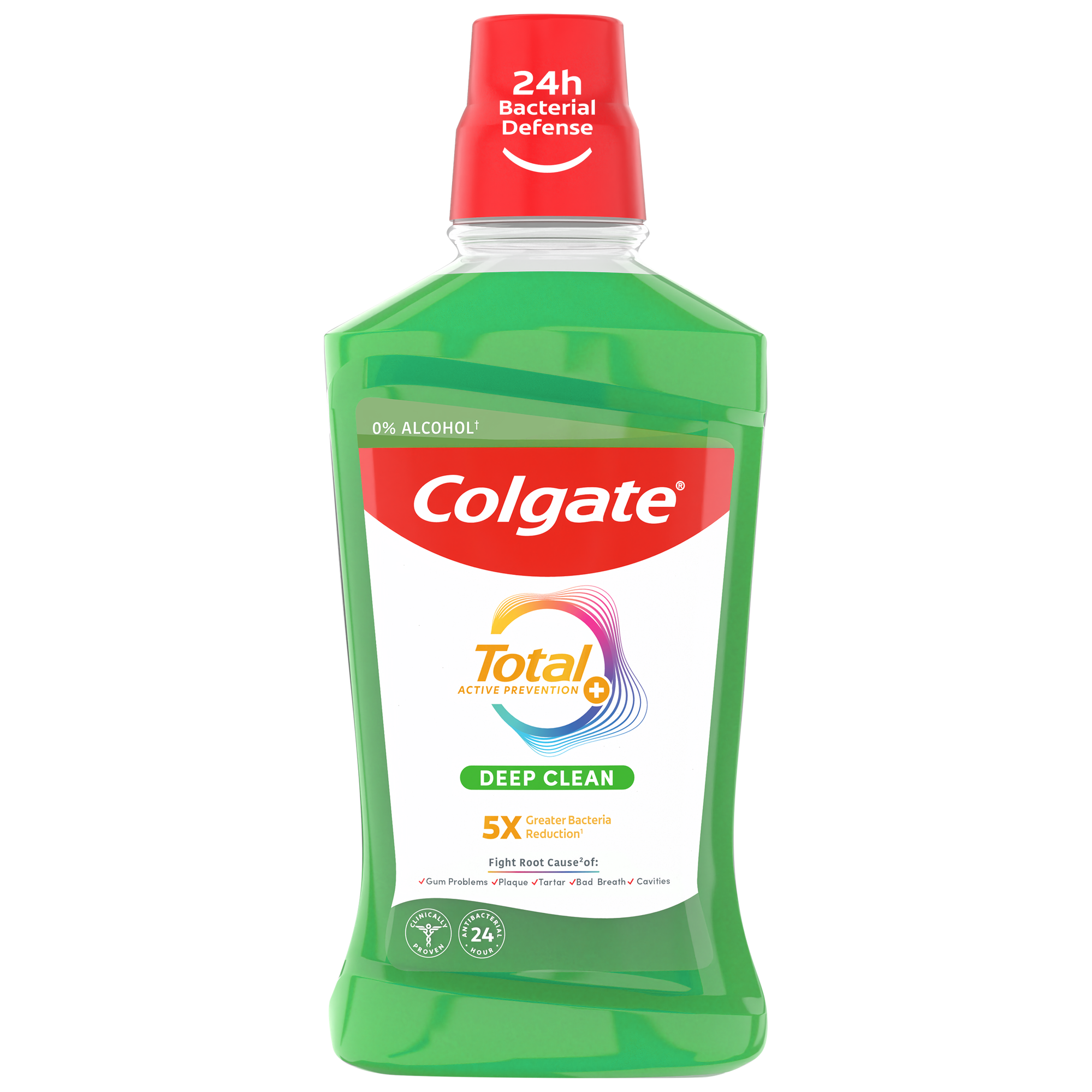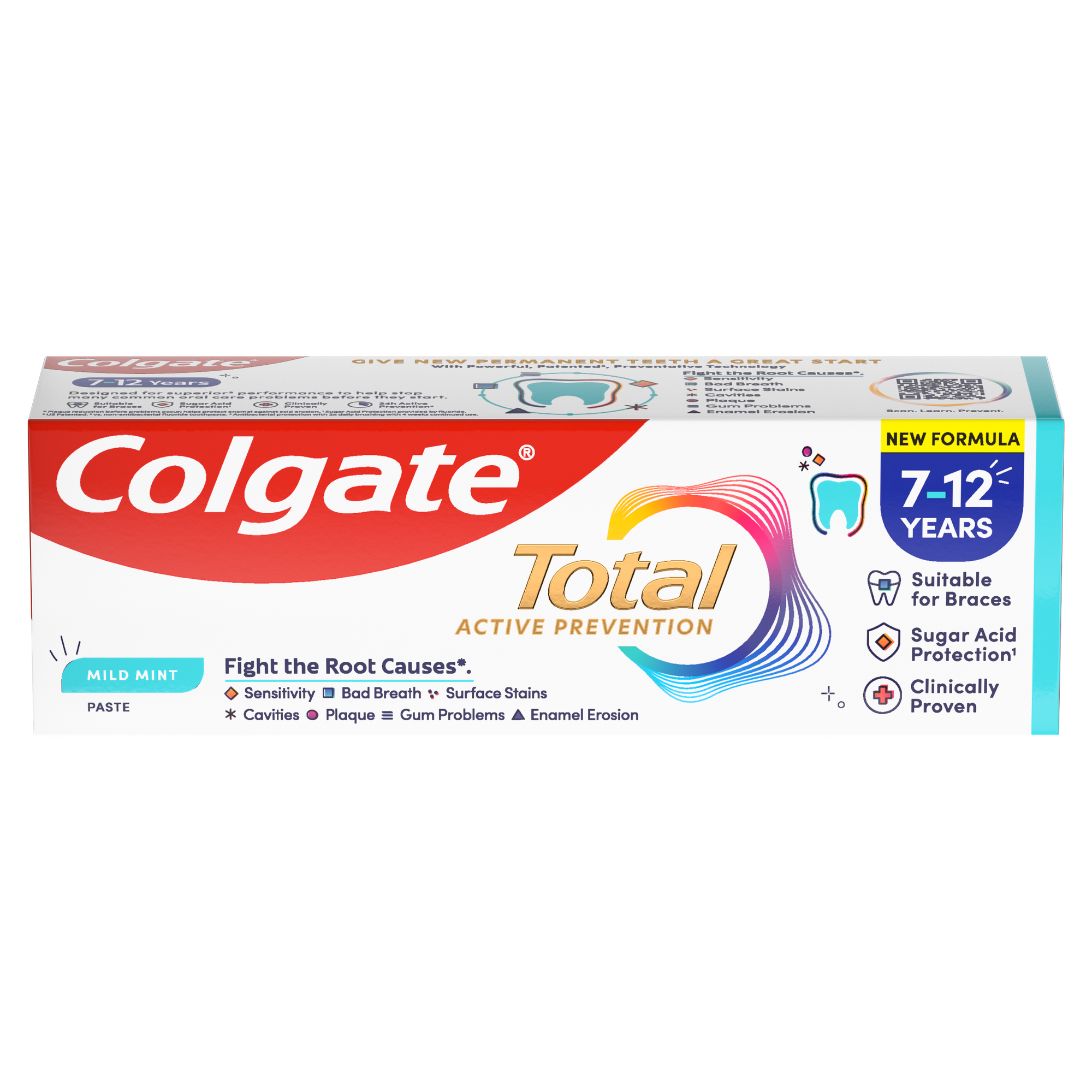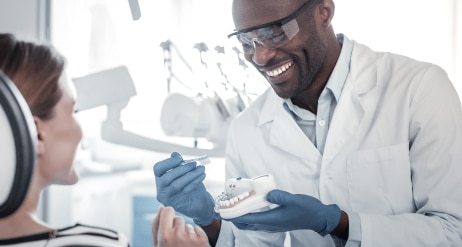What Is Tooth Sensitivity?
Tooth sensitivity has to do with the wearing down of the protective layers of your teeth. A review in Clinical Oral Investigations explains the mechanisms involved in this. The part of the teeth above your gumline, the crown, is covered with a layer of protective enamel. The roots below your gumline are protected with a material called cementum. Underneath the enamel and cementum is dentine, which contains microscopic canals called dentine tubules. When enamel or cementum wears away or becomes damaged, it exposes the dentine. When your gums recede and expose the dentine, the fluid inside the dentine tubules is affected by heat and cold, causing the nerves in the tooth to have sensitivity and pain.
What Causes Tooth Sensitivity?
Various things can cause tooth sensitivity. Some of the most common causes include:
- Worn tooth enamel from using a hard toothbrush and brushing aggressively.
- Tooth erosion due to highly acidic foods and beverages.
- Tooth decay, worn, leaky fillings, and broken teeth that expose the dentine of your tooth.
- Gum recession that leaves your root surface exposed.
- Grinding your teeth at night.
- Post dental treatment sensitivity is common but temporary, especially with crowns, fillings, and tooth bleaching.
Sensitive Teeth and Age
Sensitive teeth may occur at any age. However, research reported in Clinical Oral Investigations suggests peak reports of dentine hypersensitivity occur in patients between 30 to 40 years of age, with sensitive teeth slightly more common in women. Although the exact reason for this is unknown, it may be related to the fact that the physical structure of the tooth changes with age. However, older individuals are more likely to have receding gums, one of the causes of sensitive teeth. Sometimes the main issue is wear and tear on the tooth enamel, which occurs over time.
How Do You Treat Tooth Sensitivity?
In-Practice Treatment
Because a more complex dental problem frequently causes extremely sensitive teeth, it's important to see a dentist and have the issue treated directly. The solution may involve a crown, inlay, or bonding, depending on the severity of the problem. If you have gum disease that has progressed to a chronic or advanced stage, you'll need to treat this as well. Your dentist can help make a treatment plan.
If you have lost gum tissue from the root, your dentist may recommend a surgical gum graft to cover the roots so they're protected again. If you have persistent and severe sensitivity, your dentist will take an x-ray to determine if a root canal could be the right solution. According to Bupa, this consists of cleaning the pulp of the tooth, which contains the nerves.
At-Home Treatment
If your tooth sensitivity is less severe, you can treat it with a few simple at-home tactics. You might be able to find some relief from a desensitising toothpaste that helps protect the tooth surface.
The best treatment for tooth sensitivity, though, is prevention. Once your tooth enamel is worn down, you can't get it back. Proper brushing and flossing techniques can prevent sensitive teeth. It will promote healthy teeth and gums regardless of how sensitive your teeth are. Be careful not to brush your teeth too hard, as that can wear down the tooth enamel over time. Try using a soft-bristled toothbrush and a desensitising toothpaste to help protect your enamel and exposed dentine.
At your next appointment, talk to your dentist if you are experiencing tooth sensitivity. He or she can provide the correct diagnosis and recommend treatment options to get your smile back on track.
This article is intended to promote understanding of and knowledge about general oral health topics. It is not intended to be a substitute for professional advice, diagnosis or treatment. Always seek the advice of your dentist or other qualified healthcare provider with any questions you may have regarding a medical condition or treatment.
